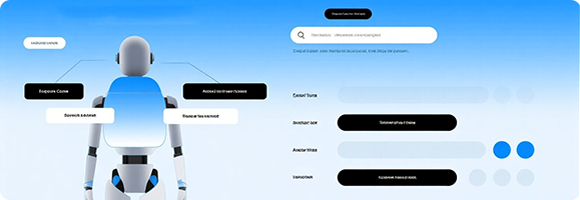263 Knowledge Base can store and manage data assets such as business indicators, terminology, product documentation, customer service jargon, etc. It supports structured, semi-structured, unstructured and various knowledge forms. The knowledge base is directly associated with AI Agents for responding to users replies, providing guidance for dynamic decision-making of AI Agents, intelligently creating knowledge frameworks, and intelligently learning and iterating the knowledge content, so the more the Agent is used, the better it is used. The more the Agent is used, the better it works.
Collect, manage and mine knowledge from massive documents to accumulate organizational core knowledge assets.
Structuring the content of various types of documents in the enterprise through the AI big model, automatically grading and classifying them, and accurately refining the core knowledge.
AI Agent calls the enterprise knowledge base and accesses different business scenarios, allowing the enterprise knowledge assets to create value.
Support private deployment, local storage of knowledge base without leakage, to protect enterprise private data security.
Comprehensive support for structured, semi-structured and unstructured knowledge forms, covering documents, questions and answers, data, indicators and other types.
Fully or semi-automatically creates knowledge frameworks, supplements knowledge content, and extracts or summarizes key knowledge through natural language, lowering the threshold for digitizing and depositing expert knowledge.
The knowledge base supports the associated AI Agent platform, creating AI Agents that can be called up instantly, providing methodology and SOP guidelines for dynamic decision-making of AI Agents.
Data assets such as expert knowledge, business indicators, documents, FAQs, etc. are stored and managed in a unified way to ensure knowledge deposition, internal reuse and authority control.

AI Agent Business Orchestration

Meta human intelligent interaction
*页面部分图片由AI生成